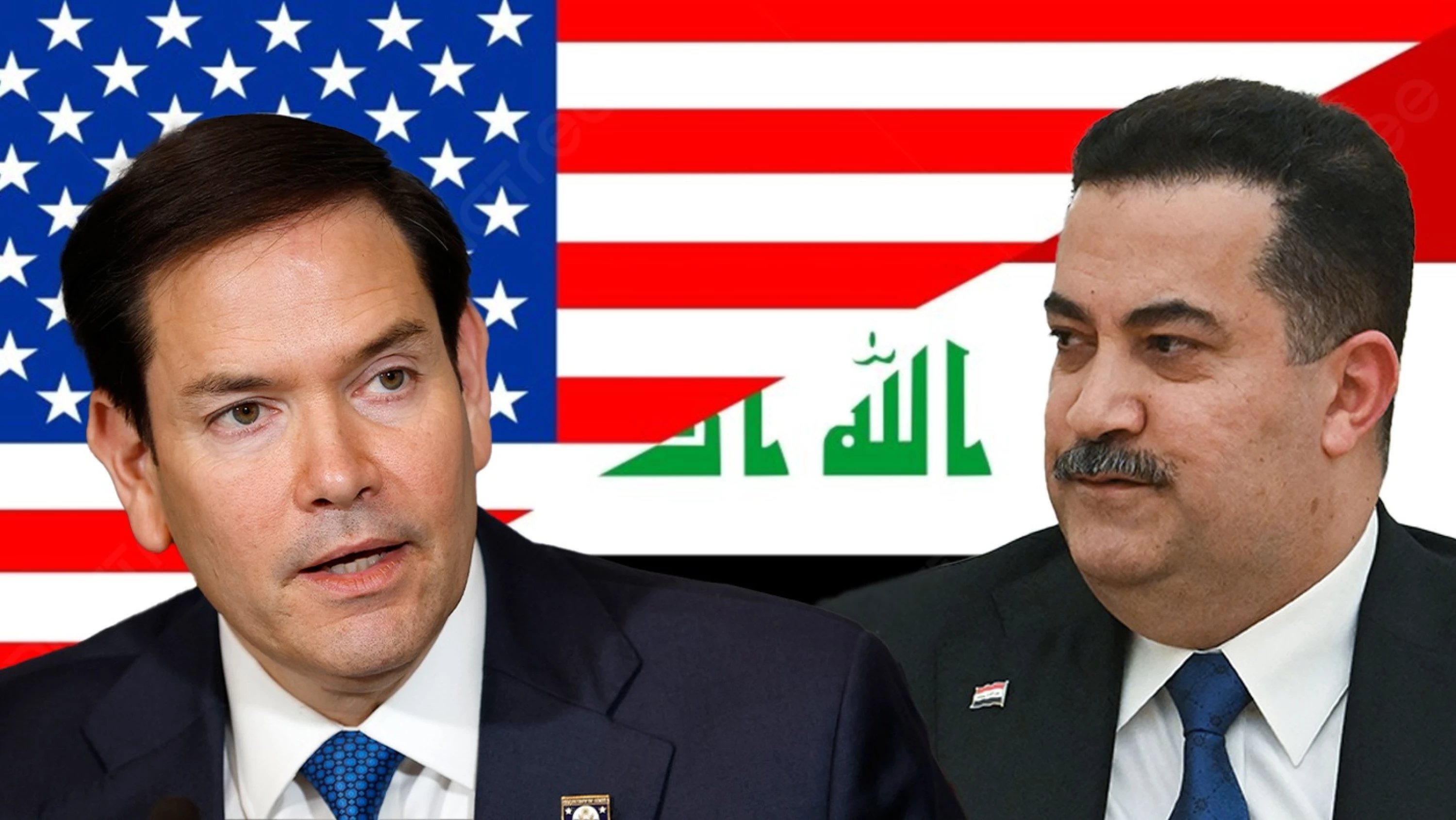ERBIL, Kurdistan Region of Iraq - Iraqi Prime Minister Mohammed Shia' al-Sudani on Tuesday held a phone call with US Secretary of State Marco Rubio in which the pair discussed the finalization of US commercial agreements in Iraq, the resumption of the Kurdistan Region's oil exports via Turkey's Ceyhan port, and the presence of Iran-backed militias in Iraq.
"The Secretary congratulated the Prime Minister for resuming oil exports via the Iraq-Türkiye Pipeline, which will benefit Iraq, Türkiye, and American businesses," the US State Department said in a statement.
Oil exports from the Kurdistan Region through the Iraq-Turkey pipeline resumed in September, ending an 30-month halt that cost Iraq an estimated $30 billion in lost revenue.
The restart followed a breakthrough tripartite agreement between Erbil, Baghdad, and international oil companies, under which the Kurdistan Region will now deliver all crude produced from its fields to Iraq’s State Oil Marketing Organization (SOMO) for export via Turkey’s Ceyhan port, except for quantities needed for domestic consumption.
In a previous phone call held between the US top diplomat and the Iraqi premier in July, the former "noted the importance of paying Iraqi Kurdistan Region (IKR) salaries consistently and resuming oil exports" via the pipeline.
Rubio on Tuesday also "highlighted the urgency in disarming Iran-backed militias that undermine Iraq’s sovereignty, threaten the lives and businesses of Americans and Iraqis, and pilfer Iraqi resources for Iran," according to the statement, with Washington long having urged Baghdad to take action against Iranian-backed groups operating in the country.
In the July phone call, the secretary of state reiterated Washington’s "serious" concerns with attempts to pass a controversial bill relating to the Popular Mobilization Forces (PMF) in the Iraqi parliament that would see the groups further integrated into the organs of the Iraqi state.
Rubio told Sudani that "any such legislation would institutionalize Iranian influence and armed terrorist groups undermining Iraq’s sovereignty."
The US State Department in mid-September designated several prominent PMF factions, namely, Harakat al-Nujaba, Kataib Sayyid al-Shuhada, Harakat Ansar Allah al-Awfiya, and Kataib al-Imam Ali, as foreign terrorist organizations, accusing Iran of providing support that “enables these militias to plan, facilitate, or directly carry out attacks across Iraq.”
In a similar move, the US Treasury Department in early October announced the imposition of sanctions on the Muhandis General Company and three Iraqi bank executives, accusing them of laundering money for Iran's Islamic Revolutionary Guard Corps (IRGC) and Iran-backed militias in Iraq, including Kataib Hezbollah and Asaib Ahl al-Haq, in extension of the Washington's "maximum pressure" campaign on Iran.
Sudani responded to the US move by directing the formation of a higher national committee to formulate a report on the matter, with the premier's spokesperson Bassem al-Awadi saying that "the Government of Iraq views this unilateral measure as extremely unfortunate and incompatible" with the "spirit of friendship and mutual respect" that characterizes the two countries’ bilateral ties.
The Iraqi premier and Rubio also discussed "efforts to finalize US commercial deals in Iraq," with the US statement concluding by noting that the latter "reiterated the US commitment to working closely with Iraqi partners to advance our shared interests: safeguarding Iraqi sovereignty, bolstering regional stability, and strengthening our economic ties."



 Facebook
Facebook
 LinkedIn
LinkedIn
 Telegram
Telegram
 X
X


